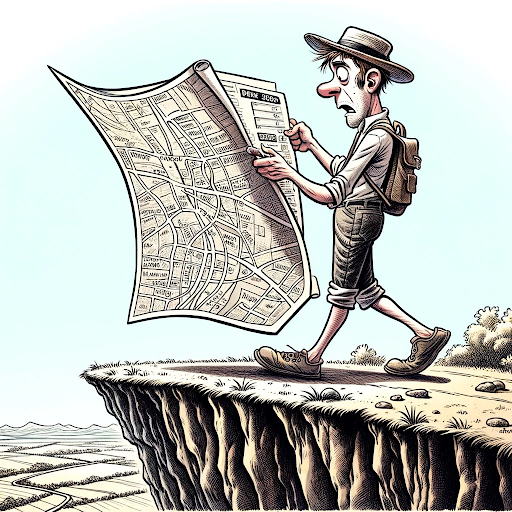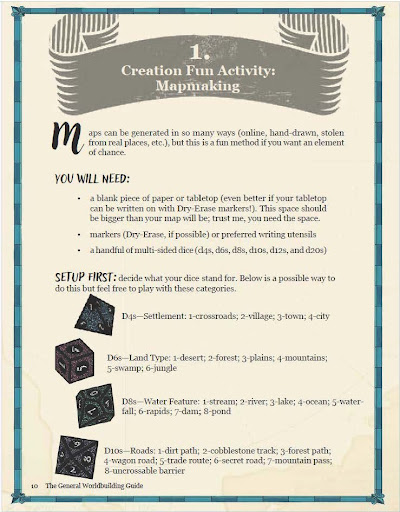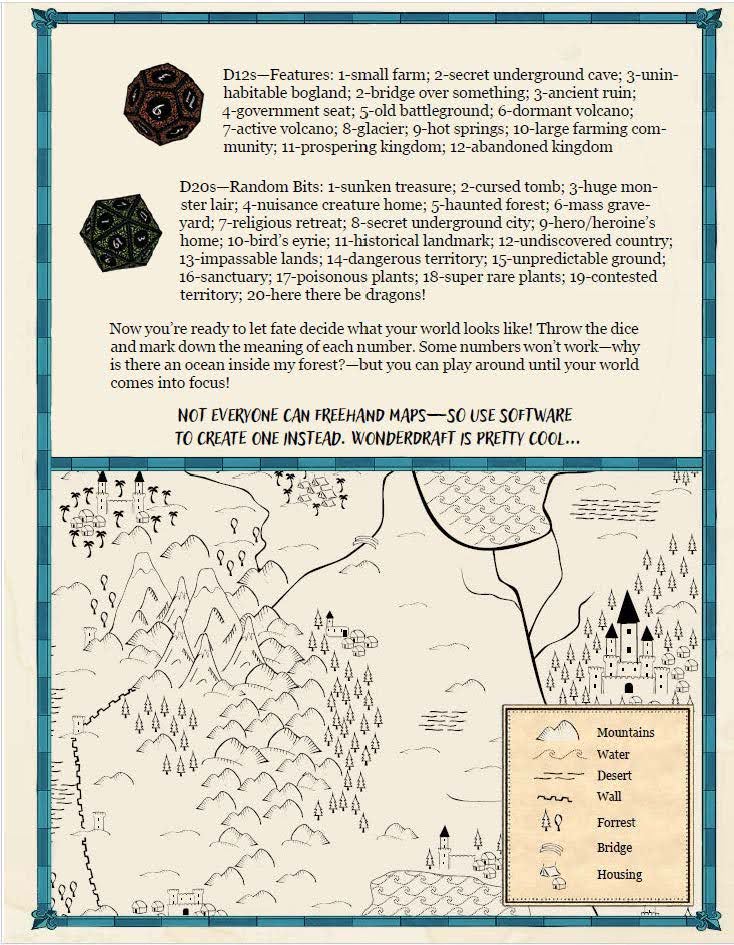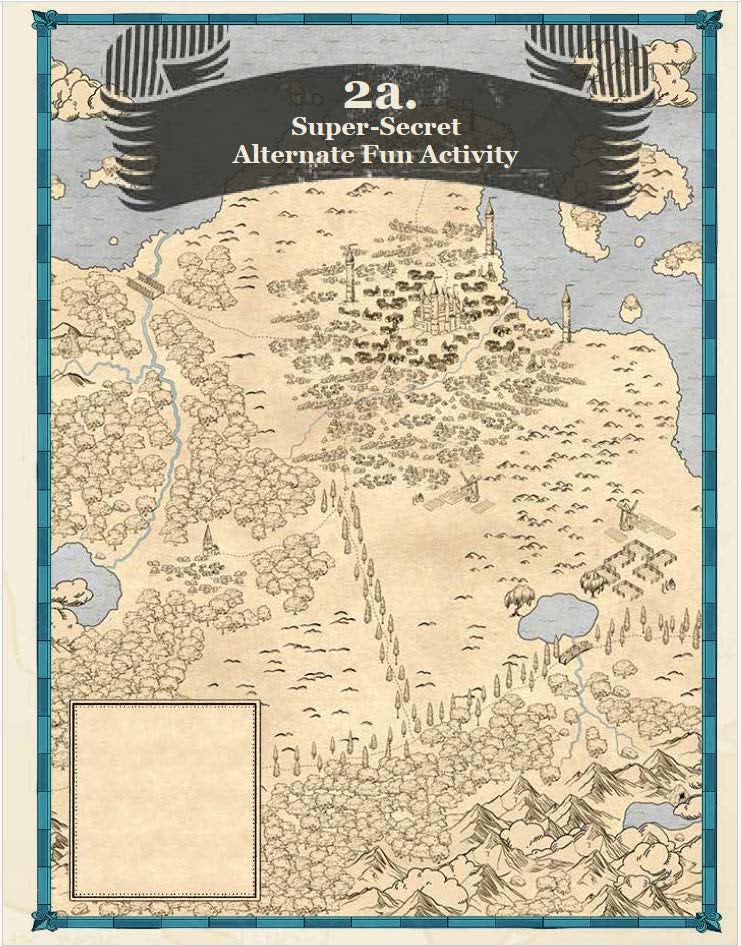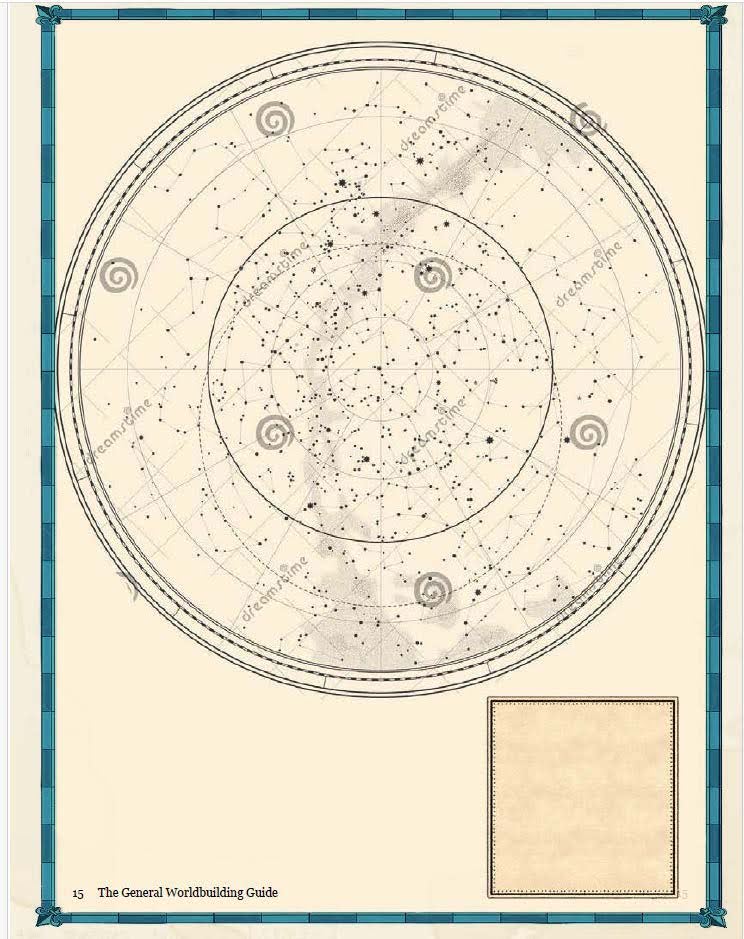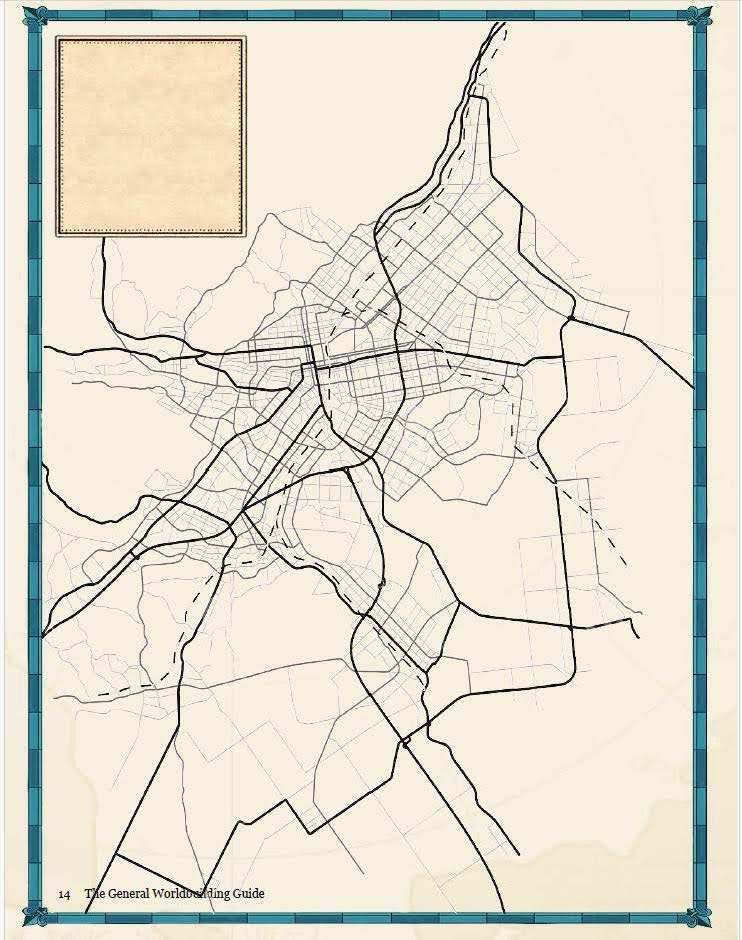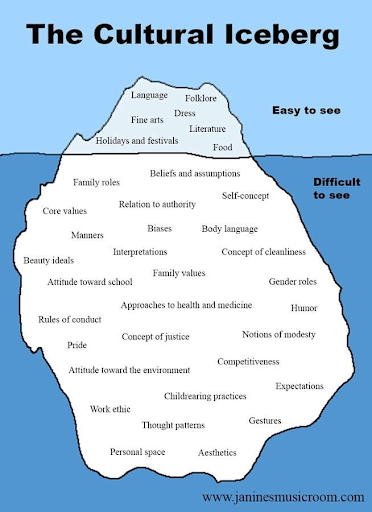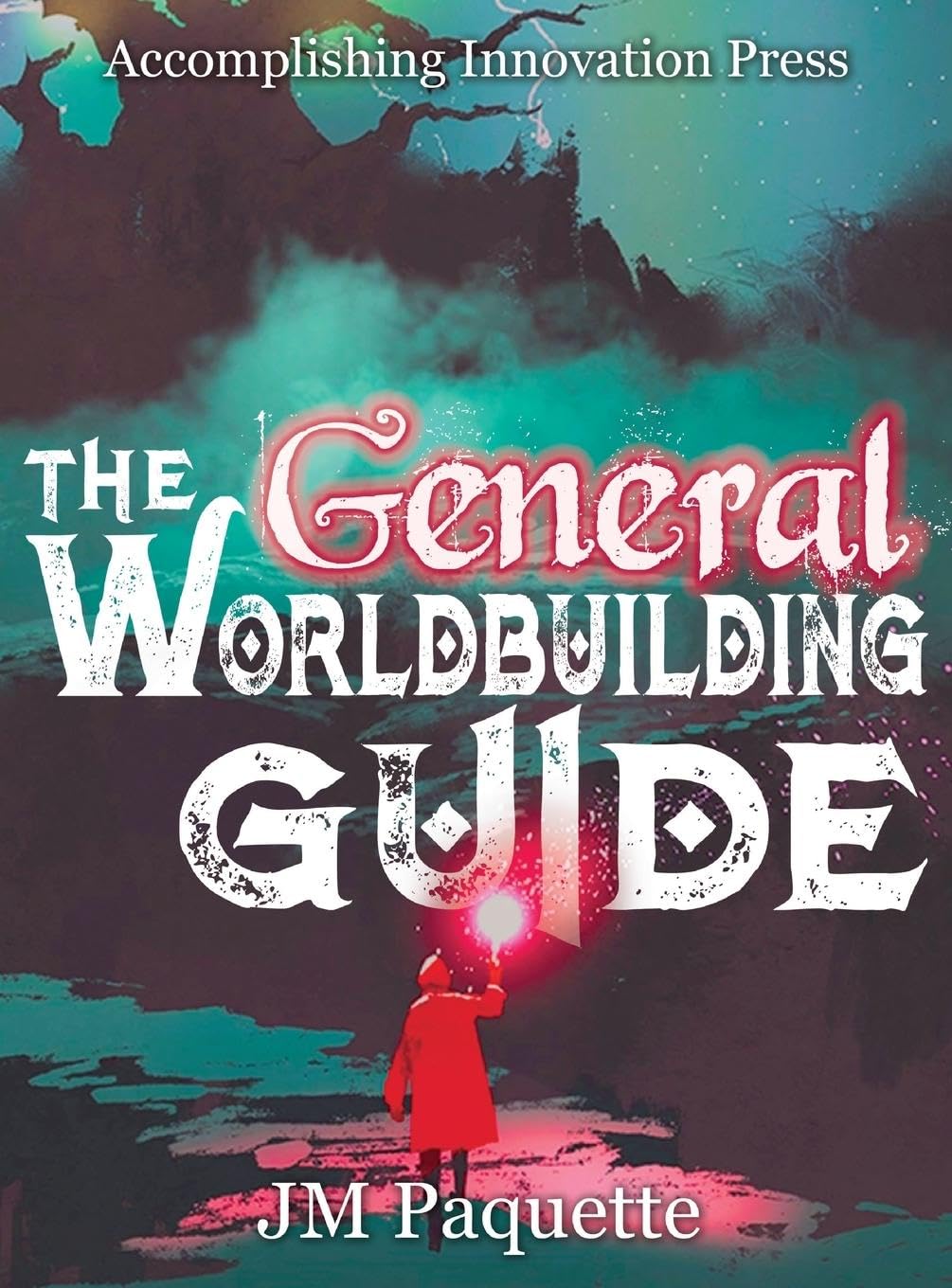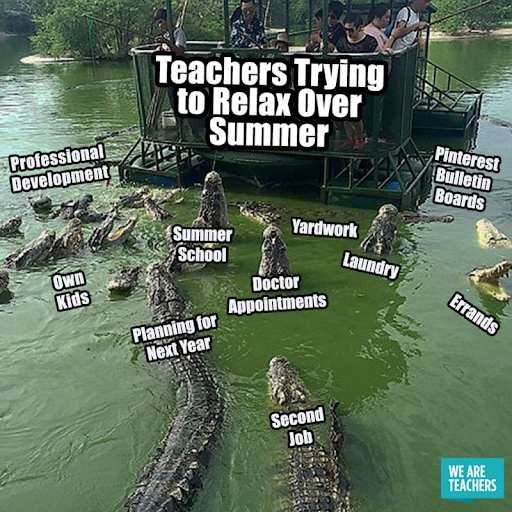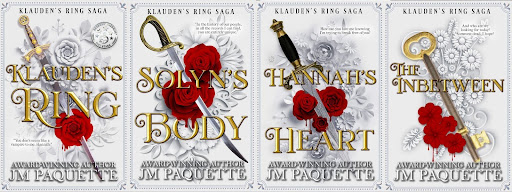
Covers are a tricky business. I’m a writer, someone who works well with words and characters and dialogue. Graphic design is not my strength in any way, and my art skills peaked with stick figures. I am not the person to ask about cover design, but even with my shortcomings, I still know a few things about covers and marketing.
You know the drill–your books come out, and you are super excited about those first covers. They nail the genre, convey the feeling of the story, and look cool on your shelf (or behind you during meetings online). Usually, this is the result of your cover designer’s hard work–they researched the market, considered the trends, and created something you are proud to show off atop your baby book.
However, the crazy (and cool?) thing about books is how often things shift. A bestselling cover ages out, sometimes in a few years–but sometimes over a span of a few months. When you design your covers, think about how long you predict this trend will last. Yes, this often requires a crystal ball and some scrying stones–but there are some people in the industry who have the marketing sense and judgment. Follow them and heed their advice.
Think about the shifts in these covers for Stephen King’s The Stand over the years:
This is the cover I had when I first read this book in the 80s (a tattered secondhand shop version I hid in my backpack to read at school). Yes, I now know this version is worth money (it was the first edition!), but mine has long been lost to cross-country moves and bookshelf updates. No worries–I now have more copies of this book than I know what to do with, the result of writing my dissertation on it–people keep giving me copies (and I LOVE all of them!).
Here are a few more over the years:
Think about how these have shifted. The fonts have changed, though the name is always at the top. The graphics shift from artwork to abstract to realistic. They each convey a slightly different tone: some focusing on the post-apocalyptic feel while others emphasize the horror undercurrent.
My own series, Klauden’s Ring Saga, just got re-released with new covers, and it’s only been out five years! Check out the difference between the old covers and the new:
Note the changes: no more people! Less vibrant color shifts! The new covers follow current trends for fantasy romance, symbols buried amid swirls and designs.
How can you tell when it’s time to update your covers? I’m glad you asked.
- Look at the top 100 bestsellers in your category on Amazon. Scroll the covers–they will probably all be quite similar. Does your book match that vibe?
- Do a google search for your genre + book covers. Does your cover look anything like the images popping up?
- Watch reels about your genre on social media. Does your book resemble the ones you keep seeing?
If the answer to these questions is no, it’s time for a new look. Yes, I know it’s time-consuming and expensive to redo your covers (not to mention the stack of old covers you probably still have to sell!), but keeping up with trends in your genre is a great way to stay relevant and catch the attention of new readers.
And what to do with old stock? So many options!
- Sell them at a discount at shows (“Get the old version on the cheap!”)
- Wrap them up and call them “Blind Dates” with a book!
- Send them to readers–prizes, free copies, review exchanges, etc.
- Offer them to libraries or local community centers.
Any of these will get your name out there–and get new readers buying the rest of your books! I know we say, “Don’t judge a book by its cover,” but we all do it. Don’t let readers pass you by because of an outdated look. Update your covers!


